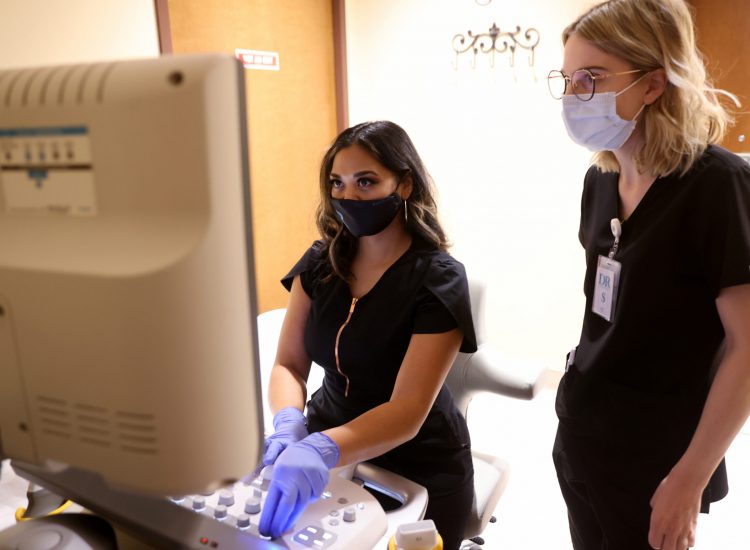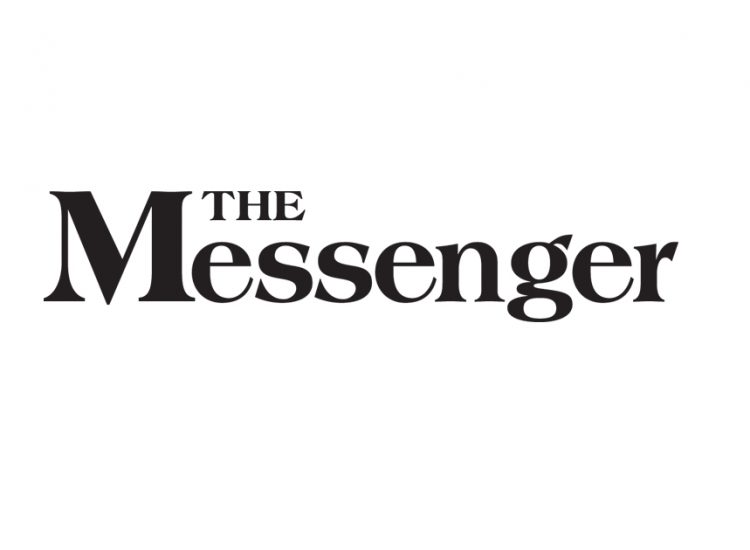Delays in radiology are crippling the already overstretched NHS and stop clinicians from offering well timed diagnoses and therapy to their sufferers
It’s no secret that there’s an infinite shortfall within the radiologist workforce, however the penalties of this are sometimes poorly understood. Radiology is the spine of healthcare as a result of, with no prognosis, there isn’t a therapy. If we don’t discover progressive options that deal with the massive issues dealing with radiology, there can be far-reaching penalties for the NHS.
A unbroken provide and demand mismatch
The most important downside dealing with radiology is the provision and demand mismatch. Fairly merely, there’s a big demand for scanning however not sufficient scanners, radiographers (technicians who take the scans) or radiologists (medical doctors who interpret the scans). The explanation for the massive bounce in demand is due to an ageing inhabitants with continual sicknesses in addition to medical advances the place therapy requires advanced medical imaging. Not with the ability to handle this demand results in real-world penalties for sufferers for whom delays in imaging can have catastrophic penalties.
133,000 scans carried out every day within the UK
To place this into context, there are roughly 133,000 scans carried out every day within the UK, up from 120,000 earlier than 2020. The rise in scans and Covid-19 backlog has additionally meant that there was a tenfold enhance in sufferers ready greater than six weeks for a CT or MRI scan.(1)
Delays in radiology are having a knock-on impact
Days, hours, and minutes matter vastly on the subject of prognosis, and delays stop early therapy and result in poorer outcomes. Research have proven that bottlenecks in imaging resulting in delays in prognosis lead to pointless affected person deaths(2), and the NHS has been repeatedly warned of those risks in recent times.(3) Radiology medical administrators quoted within the Royal Faculty of Radiologists (RCR) 2020 workforce census report commented that radiology delays imply that “we will not present most cancers care and acute care safely”.(4)
Delays to most cancers diagnoses will be notably traumatic for sufferers, as a case reported within the BMJ of a pancreatic most cancers affected person who missed out on a life-prolonging therapy as a consequence of an 18-month delay in reporting a scan reveals.(5)
These are all points my co-founders and I noticed first-hand, first as junior medical doctors and finally as Substantive Guide Radiologists within the NHS. We grew more and more pissed off that irrespective of how onerous we labored, sufferers weren’t getting recognized swiftly sufficient. We determined to unravel the issue at scale by making a platform that paired nice folks with nice tech. As medical doctors, we’ve at all times understood that expertise by itself will not be sufficient. Group and teamwork are on the coronary heart of healthcare, and that’s what we’re creating at Hexarad. Our mission is a quick and correct prognosis for everybody, in every single place.
Up to now, an enormous quantity of deal with the NHS’s radiology disaster has been on the difficulty that there are merely not sufficient radiologists to fulfill demand. In 2021, the RCR estimated that the NHS radiologist workforce is short-staffed by 33%, and predicted that with out extra consultants in coaching, funding in new fashions of care and higher workers retention and recruitment, the shortfall will hit 44% by 2025.(6)
Though rising capability and workforce numbers is vital, it’s additionally vital to enhance effectivity
There isn’t a short-term resolution to the radiologist workforce disaster. Though rising capability and workforce numbers is vital, it’s additionally vital to enhance effectivity. When assets are as scarce as they’re, we should optimize how we use them. Everyone knows that clinician time is greatest spent doing medical work. Nevertheless, limitations resembling legacy IT techniques and bureaucratic paper-based processes can usually imply that clinicians are losing time with administrative duties.
Streamlining processes and maximising effectivity
The issue we’re dealing with is fast, and so it’s of utmost significance that we take a look at how we will streamline processes and maximise effectivity inside the present system whereas longer-term initiatives to extend the radiology workforce are underway. Only one instance of that is {that a} key supply of diagnostic delays is previous or incompatible software program and admin burden. Most NHS Trusts merely don’t have the capability to deal with these points themselves, however when clinicians, radiologists, and tech specialists are introduced collectively, applicable and cost-effective options will be discovered.
A current instance of this was an NHS Basis Belief which discovered that its legacy RIS (Radiology Data System) was unable to assist integration with a teleradiology supplier they have been utilizing to spice up the Belief’s radiology capability. The incompatibility meant that not solely had a major scan reporting backlog constructed up but in addition that they have been additionally unable to make use of teleradiology to assist to clear that backlog.
A radiology web-based reporting portal
The event of a radiology web-based reporting portal meant that this Belief was in a position to considerably cut back its reporting backlog, chopping ready instances from 18 weeks to 1.5 weeks. The online-based portal additionally decreased the time taken to view the right a part of a scan from roughly 2 minutes to 30 seconds, eliminating a major admin burden and permitting for sooner reporting.
With regards to the NHS, we’re overwhelmed by the problems it’s dealing with. Nevertheless, it is very important do not forget that getting radiology proper is the important thing to overcoming a few of these challenges. Delays in radiology trigger bottlenecks throughout healthcare as a result of getting a prognosis is step one for each affected person. Determination-makers in healthcare should work collaboratively on progressive methods to deal with the challenges we face.
References
This piece was written and offered by Dr Farzana Rahman MBBS, MSc, FRCR. Ex. Substantive Guide Radiologist, College Faculty Hospitals Belief London. CEO and Co-Founder, Hexarad.
















